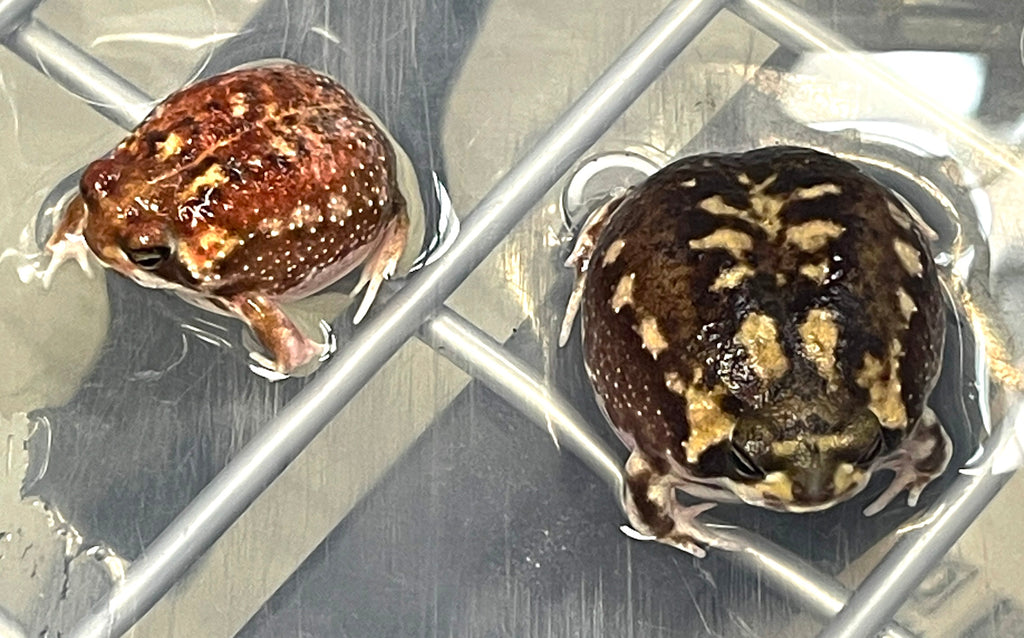Common Wellness Issues in Reptiles: Signs and Solutions
In the intricate world of reptile treatment, understanding the common health and wellness issues that may impact these one-of-a-kind creatures is critical in guaranteeing their wellness. Whether it's grappling with parasitical problems, browsing dehydration issues, or addressing skin disorders that materialize in subtle ways, being attuned to the symptoms and equipped with the understanding of effective remedies is essential for any reptile proprietor.
Breathing Infections
Respiratory infections in reptiles can substantially impact their general health and require prompt attention from experienced vets. In reptiles, respiratory system infections can be particularly challenging to detect and treat due to their unique anatomy and physiology.
Therapy for respiratory infections in reptiles normally involves a mix of supportive care, such as maintaining proper moisture levels and temperature level gradients in the room, as well as targeted medicine to address the specific microorganism in charge of the infection. It is vital for reptile owners to monitor their pets closely for any signs of respiratory distress and look for veterinary treatment at the earliest sign of a concern. With timely treatment and appropriate treatment, many reptiles can recover fully from respiratory system infections and return to typical activities.

Metabolic Bone Illness
What aspects add to the growth of Metabolic Bone Condition in reptiles?
Metabolic Bone Condition (MBD) in reptiles is mainly caused by an absence of proper calcium, phosphorus, and vitamin D3 levels in their diet plan. Additionally, poor exposure to UVB light avoids reptiles from synthesizing vitamin D3, which is critical for calcium absorption and bone wellness.
Not enough humidity degrees can also influence a reptile's capability to metabolize calcium efficiently. Routine veterinary examinations, appropriate husbandry practices, and a balanced diet regimen are essential to stop Metabolic Bone Illness in reptiles.
Parasitic Problems
Parasitical infestations pose a considerable wellness risk to reptiles, impacting their total health and calling for timely veterinary interest. Reptiles can be affected by various bloodsuckers, including termites, ticks, internal worms, and protozoa. These bloodsuckers can trigger a variety of symptoms, such as weight management, sleepiness, skin inflammation, looseness of the bowels, and even fatality if left without treatment.
One common bloodsucker found in reptiles is the mite, which can trigger skin anemia, anxiety, and irritability. Ticks are one more outside bloodsucker that can send diseases and cause discomfort to the reptile. Internal parasites like worms and protozoa can result in digestive system concerns, malnutrition, and compromise the reptile's body immune system.
To detect a parasitical problem, a vet may carry out fecal tests, skin scrapings, or blood tests. Treatment typically entails deworming drugs, antiparasitic bathrooms, or in extreme instances, a hospital stay. Preventative actions such click over here as normal vet exams, correct health, and quarantine treatments for new reptiles can assist lessen the danger of parasitic infestations and guarantee the well-being of reptile animals.
Dehydration and Hydration Issues
Dehydration in reptiles can considerably impact their health and wellness, demanding prompt intervention and ideal hydration monitoring. Reptiles are susceptible to dehydration due to numerous factors such as inadequate water consumption, high ecological temperature levels, and specific wellness problems. Signs of dehydration in reptiles include sunken eyes, lethargy, loss of skin flexibility, and decreased urination. If left neglected, dehydration can result in serious wellness concerns and even be deadly to the reptile.
To stop dehydration, reptile owners should make certain that their family pets have access to tidy water at all times. The water recipe ought to be huge enough for the reptile to saturate in if needed, specifically for species that absorb water through their skin. Additionally, keeping proper moisture degrees in the reptile's enclosure and giving regular bathrooms can aid stop dehydration.
In instances of dehydration, it is vital to seek veterinary treatment promptly. A veterinarian might administer fluids either by mouth or via injections to rehydrate the reptile. It is important to deal with the underlying reason of dehydration to avoid reappearance and guarantee the reptile's total well-being.
Skin Conditions

Verdict

Breathing infections in reptiles can significantly influence their general health and need prompt interest from experienced vets (rain frog for sale). visit their website Preventative measures such as normal veterinary examinations, proper health, and quarantine treatments for new reptiles can aid reduce the danger of parasitical invasions and ensure the wellness of reptile pets
If left unattended, dehydration can lead to major wellness issues and also be deadly to the reptile.
Frequently inspecting your reptile for any type of adjustments in skin shade, texture, or appearance can assist in early discovery and Recommended Site treatment of skin conditions, advertising the overall health and wellness and health of your scaly companion. - rain frog for sale
In final thought, reptiles are vulnerable to numerous health issues such as breathing infections, metabolic bone condition, parasitical infestations, dehydration, and skin conditions.
Comments on “Rain Frog for Sale: Boost Your Collection with Unusual and Unique Amphibians!”